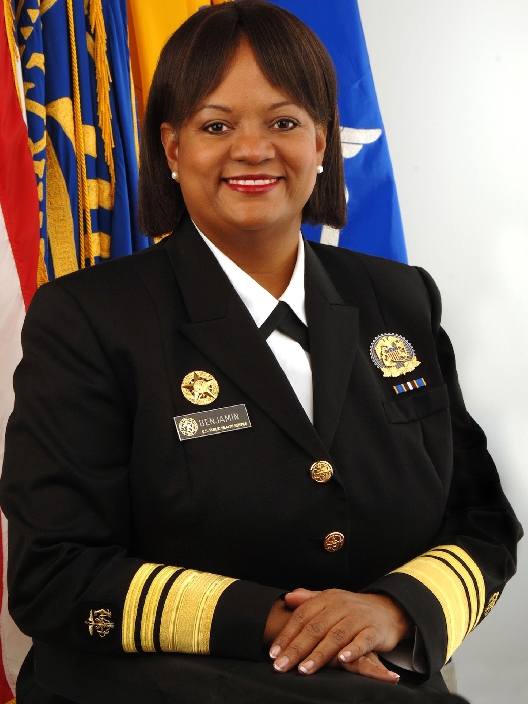The 18th Surgeon General of the United States (2009-2013) Regina Benjamin, MD, MBA has been named the first NOLA.com/Times Picayune Endowed Chair in Public Health Sciences at Xavier University of Louisiana.
“I am honored to be named the Endowed Chair in Public Health at Xavier University of Louisiana,” said Dr. Benjamin. “I look forward to positioning Xavier as an international center for public health with a strong focus on the community.”
Dr. Benjamin is a long-time champion of the power of prevention. As Surgeon General, she led the U.S. Public Health Service and chaired President Obama’s National Prevention Council, which released the first- ever National Prevention Strategy– a road map for a healthy and fit nation. She oversaw its implementation throughout the federal government.
“In July, I stepped away from my position but not from my mission,” Dr. Benjamin stated. “This endowed chair at Xavier provides an ideal platform from which I can broaden my mission of prevention and wellness.”
An alumna of the only Historically Black Catholic University in the nation, Dr. Benjamin will have a major role in developing future public health professionals. Former Surgeons General often go to medical schools or large academic health centers, rarely, if ever, to a liberal arts college. Dr. Benjamin wants to bring public health to the community and to have students engage early in their careers. Xavier has consistently ranked number one in the nation in awarding bachelor’s degrees to African American students in biology, chemistry, physics, and the physical sciences. The university is also renowned for ranking number one in the nation in the number of African-American students who go to and complete medical school.
“Having the 18th Surgeon General join our family is a milestone achievement for Xavier University, the city of New Orleans, the state of Louisiana, and the United States of America,” said Dr. Norman Francis, President of Xavier University. “I am honored to have Dr. Benjamin join our public health program and grow it into a global force for promoting healthy communities.”
The United States ranks low in health outcomes compared to other industrialized nations- with Louisiana and Mississippi tied for 49 out of 50 in the 2012 America’s Health Rankings. Louisiana and the Gulf Coast provide a unique geographic setting with a concentrated mix of public health challenges, e.g., large populations of the medically underserved, obesity rates above the national average, limited access to available health care, and high rates of chronic diseases across the life stages. This offers an excellent “public health laboratory” in which the results from research and training can have a global impact on the requirements needed to make a community more resilient.



